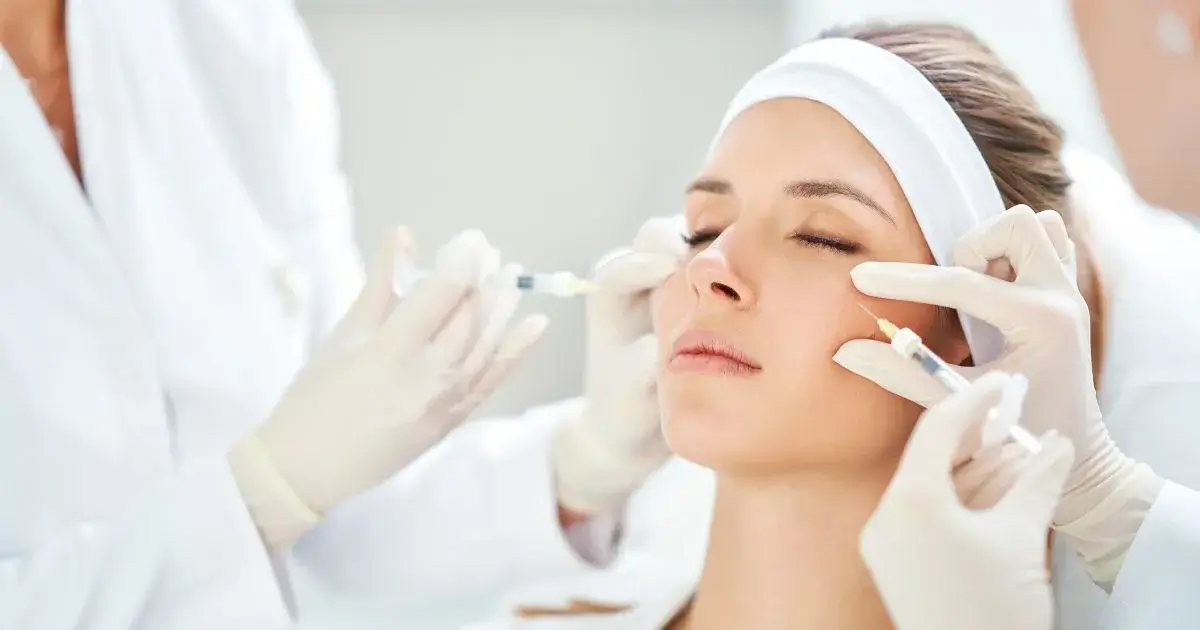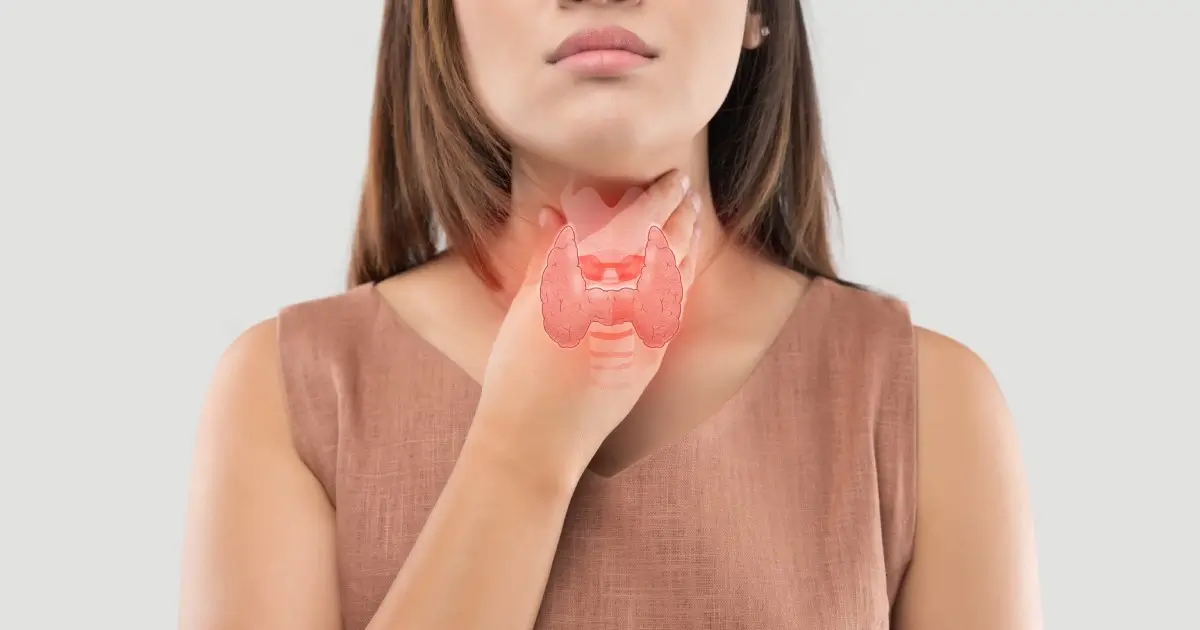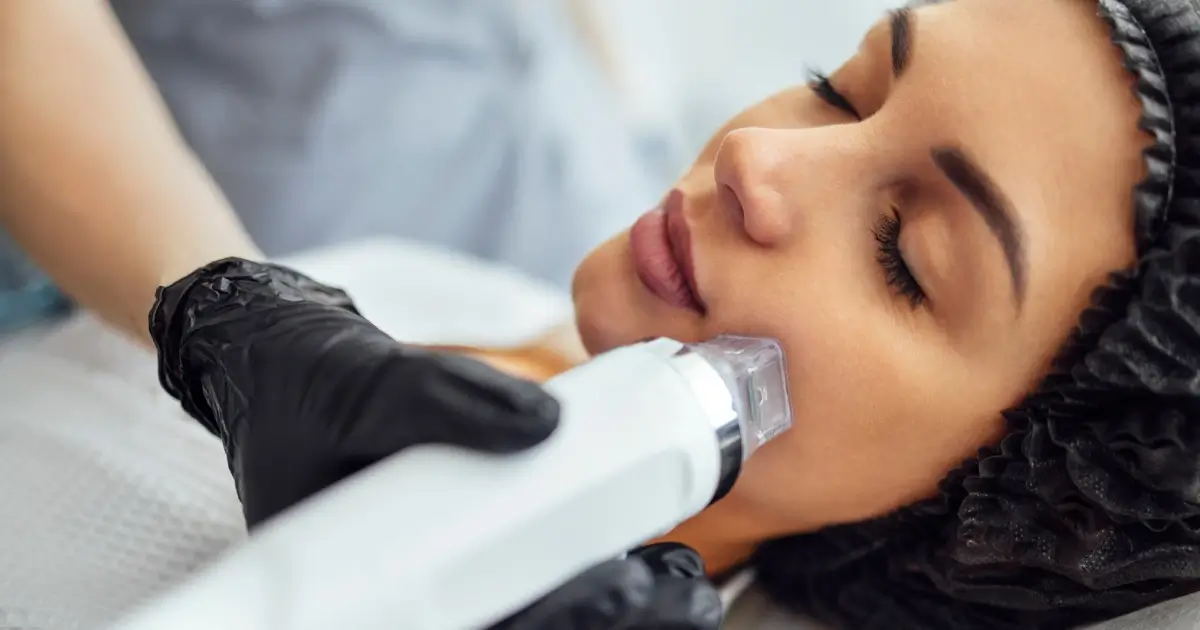Table of Contents
Reduced desire for sexual activities, or low libido, is a prevalent worry that impacts both men and women. It can occur at any stage of life and can be caused by various factors, such as hormonal imbalances, stress, medication side effects, or lifestyle choices. While it’s normal for libido to fluctuate, persistently low libido can have a significant impact on an individual’s relationships, self-esteem, and overall quality of life.
Fortunately, low libido management offers practical solutions for those experiencing diminished sexual desire. In this blog, we’ll explore how managing low libido can lead to a better quality of life, discuss common concerns, and provide insights on treatment options.
What Causes Low Libido?
Low libido is a complex issue with multiple potential causes. Understanding what may be contributing to reduced sexual desire is the first step in developing an effective management plan.
Hormonal Imbalances
Hormones play a critical role in regulating libido. For men, a decrease in testosterone levels can lead to lower sexual desire. For women, hormonal fluctuations during menopause, pregnancy, or while using birth control can affect libido. These imbalances may cause other symptoms, such as mood swings, fatigue, and difficulty concentrating, further affecting overall well-being.
Psychological Factors
Stress, anxiety, and depression are significant contributors to low libido. Mental health issues can reduce interest in sexual activity and make it difficult for individuals to feel emotionally connected to their partners. Relationship problems or past trauma can also play a role in diminishing sexual desire.
Lifestyle and Physical Health
Lifestyle factors, such as poor diet, lack of exercise, and sleep deprivation, can negatively impact libido. Additionally, chronic health conditions like obesity, diabetes, or cardiovascular disease may contribute to a reduction in sexual desire. Some medications used to treat these conditions may also have side effects that lower libido.
Age
As people age, it’s natural for libido to change. While age-related declines in hormone production can affect sexual desire, it’s essential to understand that low libido is not an inevitable part of aging. Low libido management offers strategies to address these changes and maintain sexual health throughout life.
Benefits of Low Libido Management
Addressing the underlying causes of low libido can provide various benefits that positively impact individuals’ quality of life.
Improved Relationships
Low libido can strain relationships, leading to feelings of frustration, disappointment, or isolation between partners. When sexual desire is restored through proper management, couples often report feeling more emotionally connected and satisfied in their relationships. Open communication and an effective treatment plan can reignite intimacy and strengthen the bond between partners.
Enhanced Self-Esteem
For many individuals, sexual desire is closely tied to self-esteem. Persistent low libido may lead to feelings of inadequacy or embarrassment. Managing libido helps individuals regain their confidence and feel more in control of their sexual health. This boost in self-esteem often extends to other areas of life, contributing to improved mental and emotional well-being.
Reduced Stress and Anxiety
Stress and low libido often form a cyclical relationship—stress can decrease libido, and the frustration associated with low libido can increase stress. By managing the causes of reduced sexual desire, individuals can break this cycle, leading to lower stress levels and improved mental health.
Better Physical Health
Changing one’s lifestyle to treat low libido frequently entails making dietary changes, increasing physical activity, or treating underlying medical issues. These adjustments not only enhance sexual health but also offer wider advantages for general health and well-being, such as greater energy levels, improved cardiovascular health, and enhanced weight control.
Hormonal Balance
For those experiencing low libido due to hormonal imbalances, treatment options like hormone replacement therapy (HRT) can restore hormonal levels to their optimal range. Achieving hormonal balance can alleviate symptoms such as fatigue, mood swings, and weight gain, enhancing quality of life.
Will Managing Low Libido Improve Other Aspects of My Life?
Yes, addressing low libido can positively impact various areas of life. Improved sexual health often leads to better emotional well-being, stronger relationships, and increased confidence. Additionally, many lifestyle changes associated with low libido management, such as improved diet, exercise, and stress management, can lead to better overall health.
Treatment Options for Low Libido
There are several effective treatments available for managing low libido. Your healthcare provider will help determine the best option based on the underlying cause of your symptoms.
Hormone Replacement Therapy (HRT)
For individuals with low libido caused by hormonal imbalances, hormone replacement therapy can be highly effective. This treatment involves supplementing the body with hormones like testosterone or estrogen to restore balance and improve sexual desire. HRT is commonly used for men and women and can be customized to suit individual needs.
Counseling and Therapy
For those whose low libido is linked to psychological factors, counseling or sex therapy may be beneficial. Talking through relationship issues, past traumas, or mental health concerns with a qualified therapist can help individuals regain interest in sexual activity and improve their emotional connection with their partner.
Medication Adjustments
In some cases, medications used to treat other health conditions can have side effects that lower libido. If this is the case, your doctor might change how you take your prescription or recommend something different that won’t affect your desire to mate.
Lifestyle Changes
Changing to healthy behaviors can have a significant impact on libido. A balanced diet, regular exercise, and enough sleep all help to promote better physical and sexual health. Enhancing one’s sexual drive can also result from practicing stress reduction practices like mindfulness or meditation.
Conclusion
A prevalent worry that can significantly affect quality of life is low libido. Thankfully, there are some efficient treatments available for low libido management that can address the underlying causes and rekindle sexual desire. Working with a healthcare provider can significantly improve relationships, self-esteem, and overall well-being, whether the issue is hormonal, psychological, or related to lifestyle factors. If you’re experiencing low libido and are ready to take the first step toward improving your quality of life, don’t wait. Book your Low Libido Management Consultation today at Hollrah Wellness & Aesthetics in Madisonville, LA, and start your journey toward better sexual health.




